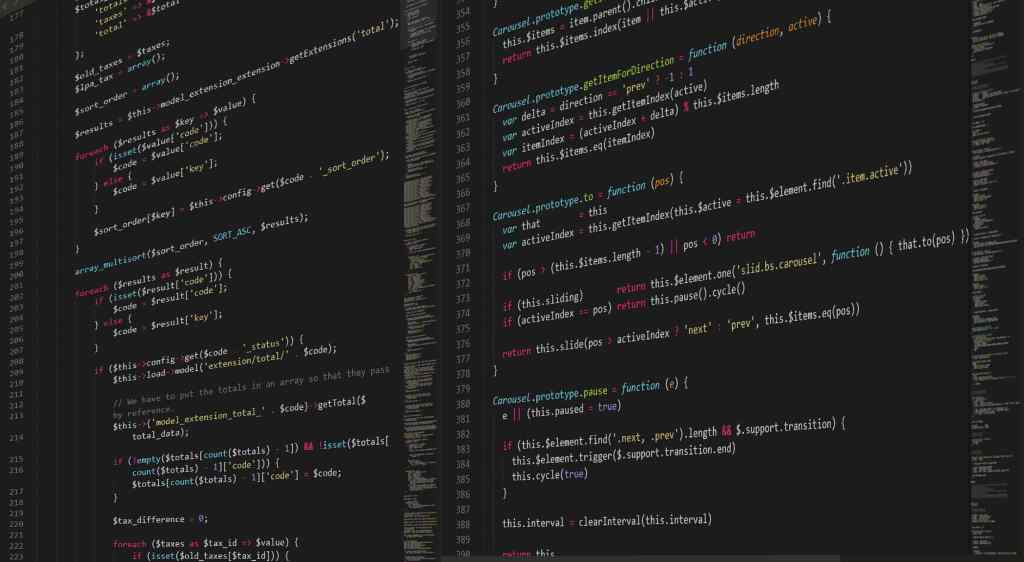ChatGPT Cracks Jokes Better Than Your Buddies, Leaving Comedy Writers in Stitches (and Not the Good Kind)
Remember those cheesy knock-knock jokes your dad used to tell? Get ready for a whole new level of cringe, because a recent study just dropped a truth bomb: AI can be funnier than humans.
Published in the esteemed journal PLOS ONE (yeah, the legit one), this research outta USC Dornsife College of Letters, Arts and Sciences pitted humans against machines in a comedic showdown for the ages. Brace yourselves, folks, because the results are no laughing matter (unless you’re a robot).
Round One: Battle of the Punchlines
Imagine this: a bunch of scientists rounded up over a hundred people and told them to come up with hilarious jokes. Sounds like your average Tuesday night, right? Well, here’s the twist – they threw ChatGPT into the mix. That’s right, the AI chatbot that’s been blowing up your Twitter feed was about to battle it out with real-life human brains.
The researchers weren’t messing around, either. They cooked up three comedic challenges:
- First up, they threw some random acronyms at them, like you do.
- Next, it was all about those classic fill-in-the-blank zingers.
- And finally, they unleashed the ultimate test: roast jokes based on a super awkward situation. Ouch.
The result? ChatGPT brought the heat, leaving nearly seventy percent of the human participants choking on its digital dust. Turns out, only a quarter of the folks preferred the jokes crafted by their fellow humans.
Round Two: The Onion Has Competition
Okay, so maybe ChatGPT can win a joke-off against your awkward uncle. But could it go head-to-head with the masters of satire at The Onion? The researchers, determined to find out, weren’t afraid to push the AI to its limits.
They fed ChatGPT a steady diet of The Onion’s finest headlines, basically turning it into a digital class clown with a taste for the absurd. Then, they unleashed it on the world (or at least, on two hundred unsuspecting participants).
The Verdict: Humans Are Officially Out-Funnied
Hold onto your funny bones, folks, because the results are in: ChatGPT’s satirical headlines had participants rolling in the digital aisles, matching the humor of The Onion’s seasoned wordsmiths. It seems like even the sharpest minds in satire might have some competition from the AI world.
So, Are We Doomed to an Eternity of Robot-Written Sitcoms?
ChatGPT’s ability to craft jokes that tickle our funny bones – without ever experiencing a single chuckle itself – has some pretty wild implications. It makes you wonder: what even *is* humor if a machine can master it without feeling emotions?
And let’s be real, the elephant in the room is wearing a giant red clown nose: are human comedy writers about to go the way of the dinosaurs? With AI like ChatGPT getting so good at making us laugh, it’s a legit concern. Will late-night talk shows be hosted by bots in the future? Will sitcoms be written by algorithms?
But hey, it’s not all doom and gloom. Think about it: imagine having a personal AI assistant that could spice up your emails with a dash of wit, or help you craft the perfect zinger for that next Zoom meeting. Suddenly, those awkward silences don’t seem so scary, right?
From the Horse’s, Er, Researcher’s Mouth
Drew Gorenz, the study’s fearless leader and a PhD candidate at USC Dornsife, knows a thing or two about jokes – he moonlights as a stand-up comedian when he’s not busy analyzing AI humor. He admits that the inspiration for this whole study came from the buzz in the entertainment industry about AI’s growing presence. Let’s just say, the potential for job displacement is a punchline no one finds funny.
Co-author Norbert Schwarz, a big-shot professor at USC, points out the double-edged sword of AI humor. Sure, it could help us regular folks become a little funnier in our everyday lives. But for those who make a living crafting jokes, the rise of AI is a serious threat.
The Future of Funny: More Laughs, More Questions
This study wasn’t just about robots telling knock-knock jokes. It’s about the evolving relationship between humans and AI, and how it’s changing the very fabric of creativity. ChatGPT’s ability to generate humor – and pretty darn good humor at that – forces us to confront some uncomfortable questions about the future of work, the nature of humor itself, and what it really means to be funny in a world where AI is cracking all the jokes.
